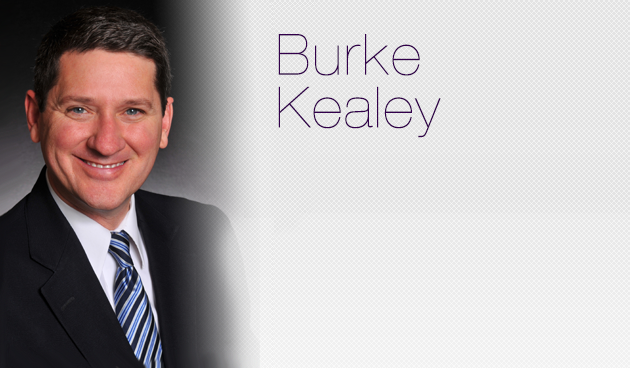The assault on Maintenance of Certification (MOC) and the use of high-stakes exams continues. The AMA House of Delegates met this month in Chicago and came up with a set of resolutions addressing the use of high-stakes exams:
“RESOLVED, That our American Medical Association call for the immediate end of any mandatory, secured recertifying examination by the American Board of Medical Specialties (ABMS) or other certifying organizations as part of the recertification process for all those specialties that still require a secure, high-stakes recertification examination.
“RESOLVED, That our AMA continue to work with the American Board of Medical Specialties (ABMS) to encourage the development by and the sharing between specialty boards of alternative ways to assess medical knowledge other than by a secure exam.”
“RESOLVED, That our AMA continue to support the requirement of Continuing Medical Education (CME) and ongoing, quality assessments of physicians, where such CME is proven to be cost-effective and shown by evidence.”
While these resolutions focus specifically on the high-stakes secured exam and the continuation of traditional CME as a viable way to ensure physicians are staying current (Not “keeping up”!), they do not address other issues around MOC more broadly.
For example, there was more debate about another resolution introduced that would advocate against the practice of denying physicians the opportunity to practice or enter into practice/payment contracts if they are not completing MOC requirements. The resolution specifically stated that, “The MOC program should not be a mandated requirement for licensure, credentialing, reimbursement, network participation or employment.” This one was a step too far for this go-around, and the delegates elected to take this one offline for more study.
Now we know that the ABIM and the ABMS are getting hit from many directions. We also know that the ABIM has publicly stated that they are moving to more frequent smaller exams. (Of course, we don’t yet know what that even means.) We know that other specialty boards are considering similar moves–some further along than others (Anesthesia! Radiology!). But as pointed out earlier this year, the AMA is a bigger deal than we might think and carries considerable weight.
I expect these resolutions only help to solidify the move the ABIM is making away from the big 10-year high-stakes exam.
On a side note, the ABIM is asking for us all to review the blueprint for the Focused Practice in Hospital Medicine exam (in whatever form that may take in the future). You can go here to the ABIM homepage and log in to review it under “Rate Exam Topics with Our Blueprint Review Tool”. As in most things the ABIM does, they went overboard (like here and especially here!) and put out a Blueprint Review Tool that could’ve used a bit more of a “review” itself before releasing to the members.
For starters, it is very long. They are estimating 15-30 minutes for each content session. Moreover, you must complete it in the order that they present it to you. For example, they start with Neurology. Even if you have no Neurology in your practice, or maybe Cardiology is near to your heart, you must slog through content areas as they come up, instead of being given the freedom to pick the key content areas that most relate to you and your experience. Lastly, the system requires you to create an entirely separate username and password to use after you have already logged in to the main site.
I am sure it was created all in the spirit of being thorough and getting enough data points for each and every condition imaginable. My fear is that with the volume of conditions and the time required, it is going to turn off so many people that we won’t have enough reviewers and will end up with a sub-optimal outcome. Ugh, ABIM! Even when you are trying to do the right thing, you somehow mess it up.
Consider taking one for the team. Log in, and if you have the time, give your feedback.



Leave A Comment